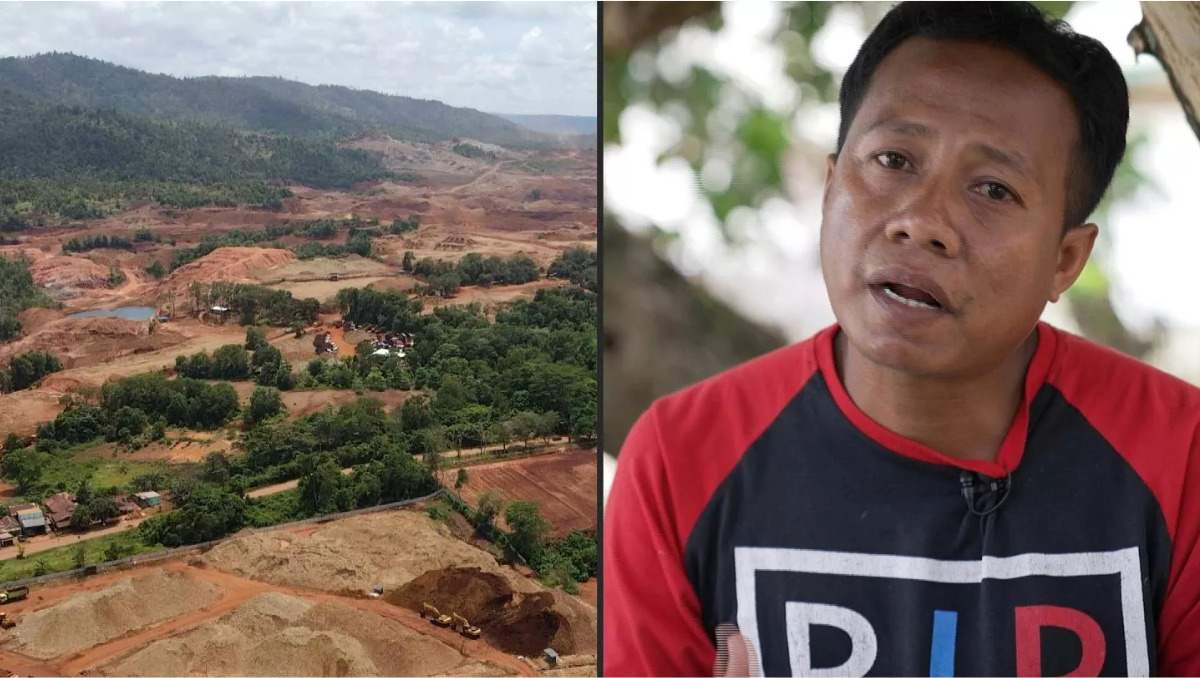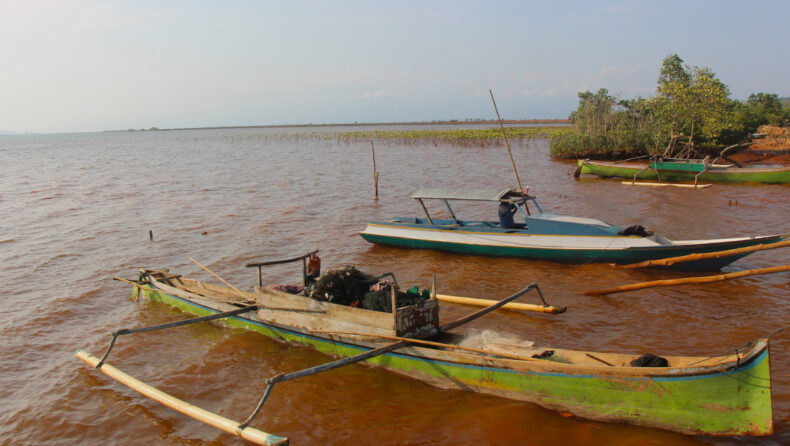For the nation’s jungles, harvesting the essential metal will be terrible news.
Two-thirds of the world’s nickel demands are anticipated to be satisfied by Indonesia, the top producer of the metal, according to the IEA. International companies eager to invest in processing facilities as well as mines have already signed agreements worth billions of dollars with the government.
Table of Contents
Conservationists caution, however, that mining could have a catastrophic impact on the ecology.
Because it is utilized in electric car batteries, mobile phones, and stainless steel, nickel is a crucial component of modern life. The International Energy Agency (IEA) forecasts that by 2030, demand for nickel would increase by at least 65% as the globe switches to more environmentally friendly automobiles and demands more rechargeable batteries.
Fear in Indonesia
Southeast Sulawesi’s Labengki Island, here,
Tawing worries that if the government does nothing, nickel mining waste will end up in the water, harming the island and the marine life in the area.

About 50 nickel mining businesses are currently in operation in North Konawe Regency, which is located across the water from Labengki Island, according to data from the Indonesian government.
Another Bajau fisherman, Lukman, who claims he can no longer fish close to his house, was encountered by BBC at the coastal village of Boenaga.
He points to the murky water beyond his house and says, “We couldn’t see anything underwater when we dived.” “We could hit a rock.” He can’t afford to travel further to fish because of the cost of gas, and if they cause a scene, the cops will show up, he claims.
History
A Dutch mineralogist discovered nickel ore in Indonesia for the first time in 1901 in the Verbeek Mountains of Sulawesi.
The American Freeport Sulphur Company sought to start up operations when Indonesia gained its independence, but failed because of security issues. The operations were then taken over by NV Perto, a local business, until they were taken over by the Indonesian government. In 1961, the government reorganized the business after the acquisition and changed its name to PN Pertambangan Nikel Indonesia. Later, it was combined with Aneka Tambang, which started shipping nickel ore to Japan in 1969. In the 1970s, The International Nickel Co. also started setting up metallurgical activities; commercial nickel production started in 1978.
Ban on the manufacture of nickel
In an effort to develop the local smelting industries, the Indonesian government issued a restriction on the export of a variety of mineral ores, including nickel, in January 2014. The Indonesian government previously stated that mining companies would be authorized to export ore until 2022, but in 2019, the limit was pushed back to January 2020. The prohibition was initially rolled back in 2017. According to government minister Luhut Binsar Pandjaitan, the government wants Indonesian businesses to join the supply chain for lithium batteries, which use nickel in their manufacturing. The announcement of the restriction caused the price of nickel to increase by 8.8% globally, reaching its highest level in five years.













